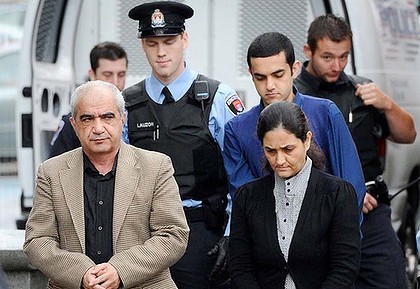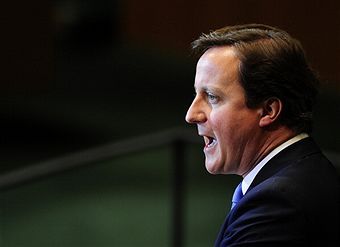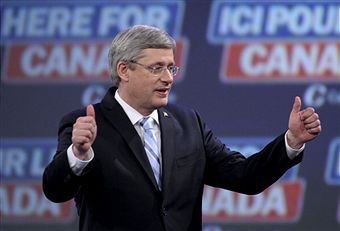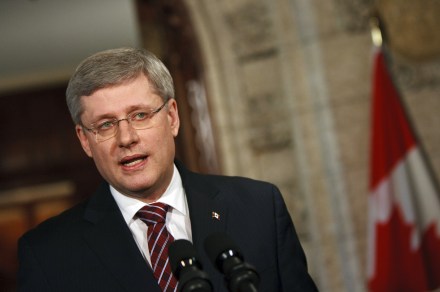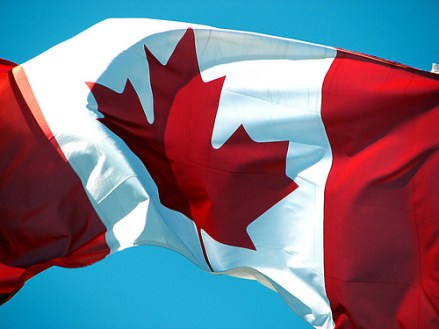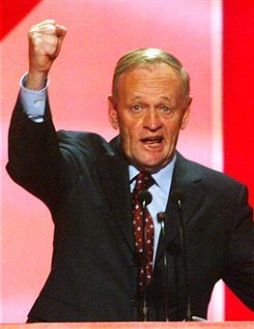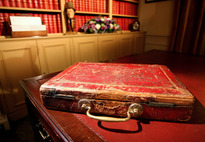We must be honest about honour killings
White guilt has terrible consequences. This was made profoundly clear in Canada during the three month trial of Mohammad Shafia, his wife Tooba Yahya and their son Hamed. They were convicted a week ago of the first-degree murder of Zainab (19), Sahar (17) and Geeti Shafia (13), and 50-year-old Rona Amir. The three teens were Mohammad Shafia and Tooba Yahya’s daughters, Hamed’s sisters. Rona was Mohammad Shafia’s first wife. The four women had been drowned in their car in June, 2009. The killers had chosen a canal in Kingston — a university town half-way between Toronto and Montreal — because they assumed that the local police would be less sophisticated
